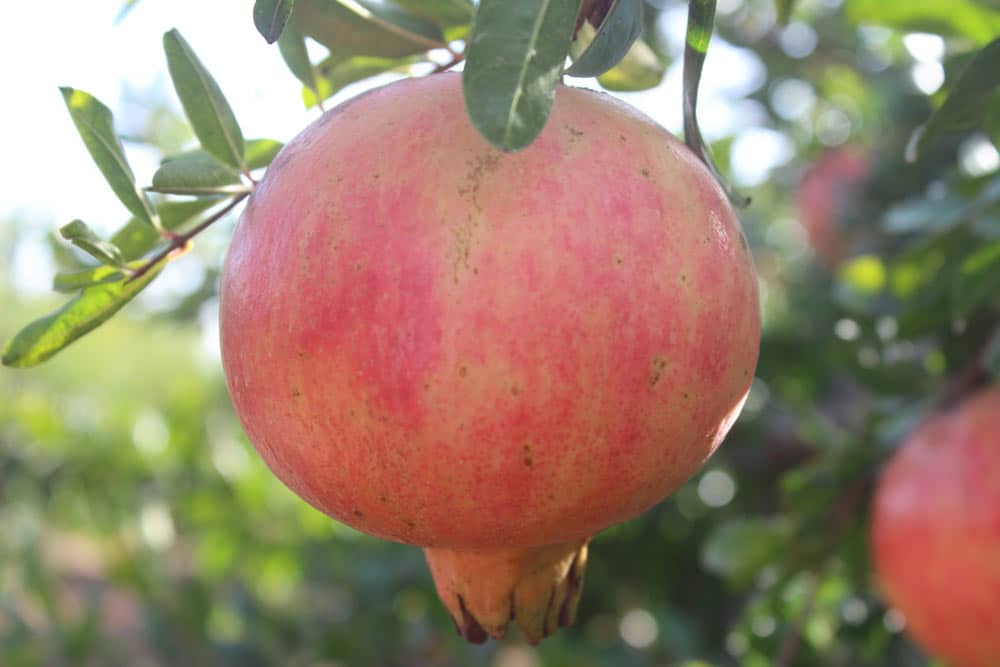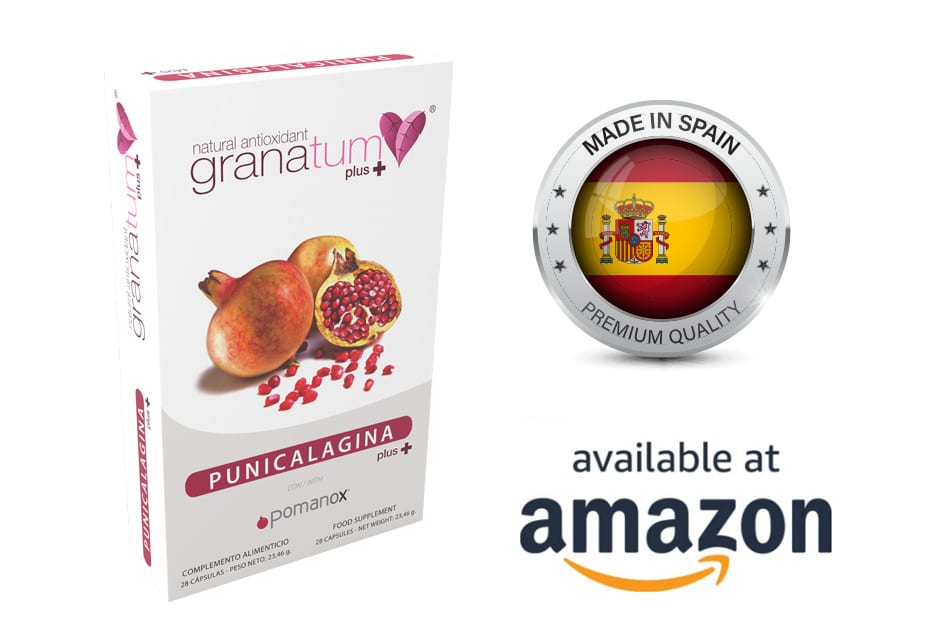
RESEARCH TITLE: Bactericidal Effect of Aqueous Extracts of the Bark of the Pomegranate (Punica granatum L.) on Bacteria
COUNTRIES: Algeria
CONDUCTED BY: University Abdelhamid Ibn Badis, Algeria Faculty of Natural Sciences and Life, Mostaganem, Djillali Liabes University, Algeria Laboratory eco-development areas Faculty of Natural Sciences and life, Sidi Bel Abbes.
PUBLISHED ON: European Journal of Molecular Biotechnology
RESEACH:
Abstract
This research concerns the study of antibacterial properties of different aqueous extracts of the bark of the pomegranate (Punica granatum L.). Three bacterial strains were used in this test: Staphylococcus aureus, Pseudomonas aeruginosa and Salmonella. Very interesting bactericidal properties of aqueous extracts of the bark of the pomegranate were found on bacteria. The inhibition zones have a very large diameter up to 20 mm and the MIC and MBC are low, of the order of 0.78 mg/ml. This work has shown antibacterial activity against three bacteria may contribute to the fight against infectious diseases, and possibly offer the possibility of using pomegranate peel pharmaceutical and food industries.
Results
The development of drug resistance in human pathogens against commonly used antibiotics has necessitated the search for new antimicrobial substances from other sources, including plants and microbes [22]. This antibacterial activity may be indicative of the presence of metabolic toxins or compounds with broad spectrum antibiotics. This is consistent with previous reports of several researchers [1, 23, 24]. Methanol extracts showed a higher degree of antimicrobial activity against extracted with acetone. Voravuthikunchai et al. [24] reported that P. granatum contains large quantities of tannin (25 %) and the antibacterial activity can be indicative of the presence of certain secondary metabolites. The ethanol extract of P. granatum showed antibacterial activity against E. coli [24] and S. aureus [23]. Due to the increasing development of drug resistance and adverse effects caused by existing antifungal agents, search for new antimicrobial compounds has been the subject of a number of studies [25]. Interest in natural products has increased over the years, and medicinal plants have been identified as sources of bioactive compounds. These data support the observations of some research such as those of [12, 18, 26–31], demonstrated that pomegranate extract inhibits affects tannins, the ability to inhibit the growth of the Candida yeast species due to their action in the cell, particularly in the cell membrane, protein precipitation.
YEAR: 2015
